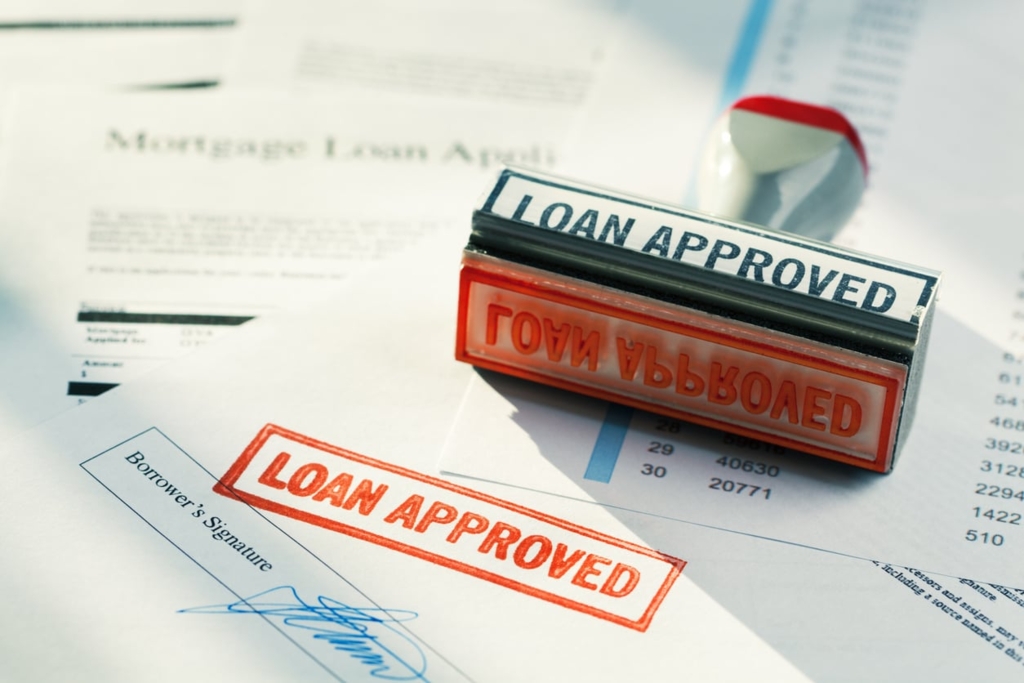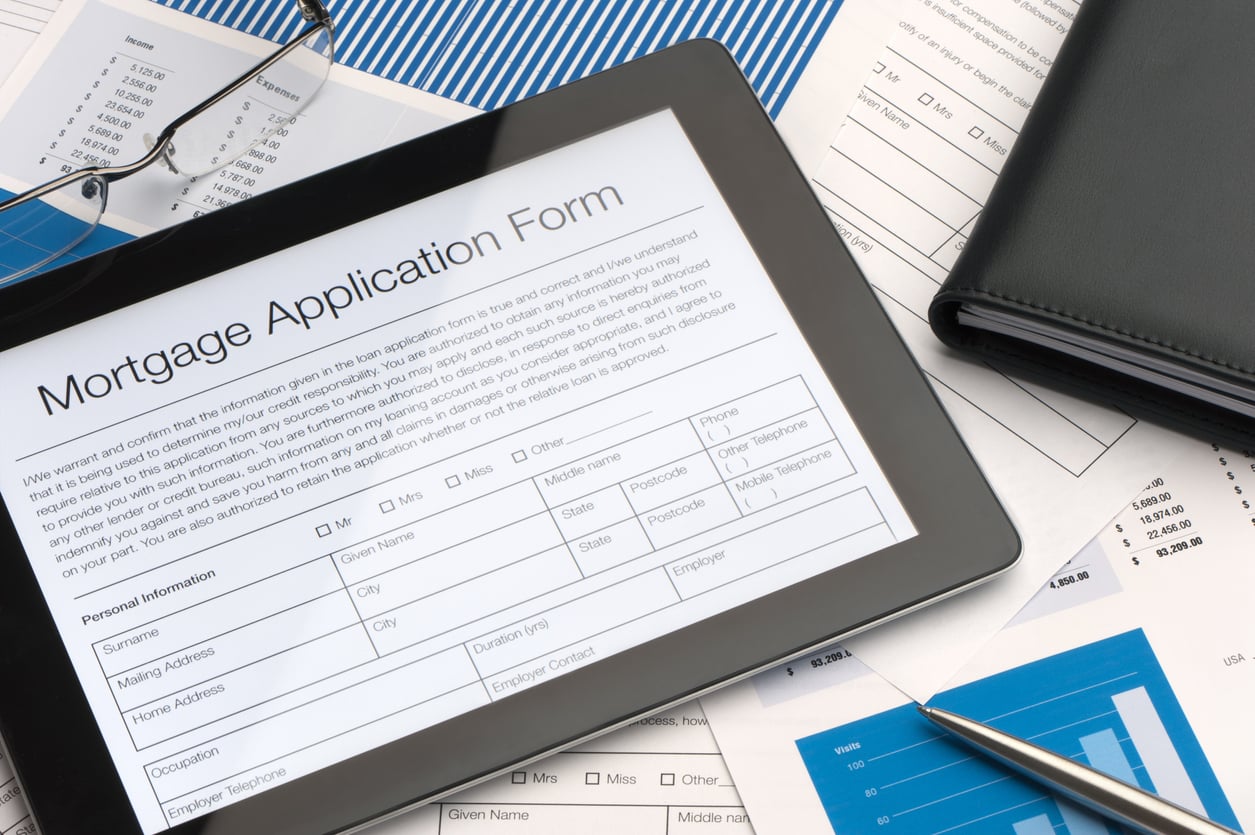Understanding The Different Types Of Mortgages: A Guide For Homebuyers

The best mortgage is one of the most crucial decisions you will make as a home buyer. Understanding the variations will help you select the mortgage that is most appropriate for your financial circumstances and goals. Not all mortgages are made equal. To assist you in making an informed choice, we will present an overview of the various types of mortgages and their essential characteristics in this post.
Choosing a fixed-rate or adjustable-rate mortgage is one of the first choices you will have to make (ARM). An ARM offers a lower starting interest rate that may increase over time, in contrast to a fixed-rate mortgage, where the interest rate is locked for the duration of the loan.
Homebuyers who desire the steadiness and predictability of a constant monthly payment may consider a fixed-rate mortgage. For people who wish to avoid worrying about prospective rate rises and who intend to live in their house for a considerable amount of time, this form of mortgage is an excellent option. An ARM, on the other hand, can be a better choice if you want to sell your house soon or anticipate a large rise in your income.
The loan's term is still another crucial factor. The term, which can be anything between 10 and 30 years, specifies how long you have to pay back the loan. Even though a shorter loan period entails larger monthly payments, you will accrue less interest overall. On the other side, a longer loan term results in lower monthly payments but higher interest costs throughout the course of the loan.
There are other types of mortgages to take into account, such as jumbo mortgages and government-insured mortgages, in addition to fixed-rate and ARM mortgages. Mortgages backed by the government with insurance, such as those offered by the Federal Housing Administration (FHA) and the Department of Veterans Affairs (VA), are intended to assist homeowners with low down payment options or less-than-ideal credit. These loans can provide cheaper interest rates as well as choices for down payments and frequently have more lenient qualifying restrictions.
Contrarily, a jumbo mortgage is a form of loan that surpasses the maximum loan amounts established by government-sponsored organizations like Fannie Mae and Freddie Mac. Jumbo mortgages are frequently applied to luxury properties or to those who need to borrow a sizable sum of money. These loans frequently have higher interest rates and tougher qualifying restrictions because lenders view them as being riskier.
Homebuyers have access to a number of loan programs in addition to the sorts of mortgages described above, including first-time homebuyer programs, low-income housing programs, and mortgage programs that promote energy efficiency. These programs can help homeowners qualify for a mortgage more easily and can provide aid with closing fees, down payments, and other charges.
In conclusion, it's crucial for prospective homeowners to comprehend the various mortgage forms and their major characteristics. You can choose the best mortgage to meet your needs and enable you to realize your dream of homeownership by carefully considering your financial status and ambitions.

